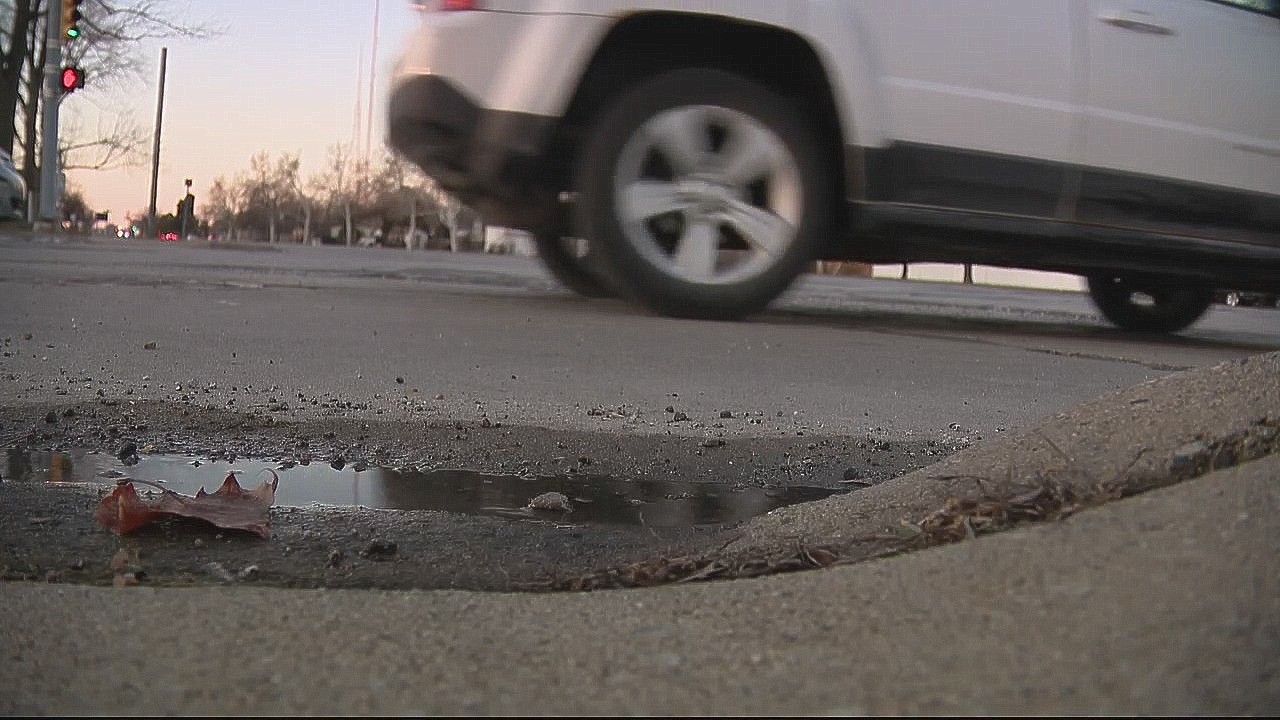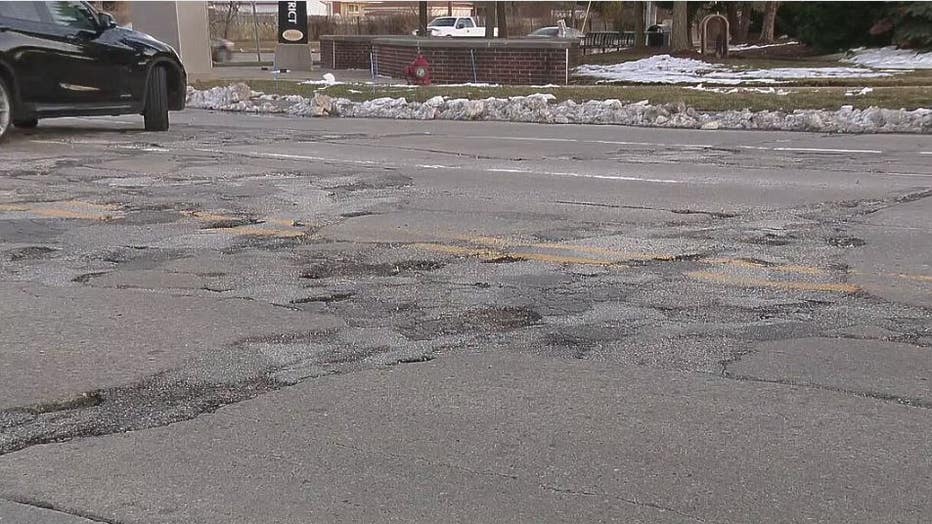Study claims Michigan is $4 billion short to fix state roads, bridges

New report says Michigan is $4 billion short to fix roads and bridges
That figure comes from the Michigan Transportation Infrastructure Needs and Funding Solutions Report released by Public Sector Consultants in Lansing.
FOX 2 (WJBK) - The state's road problem is worse than you thought, according to a new report that says Michigan is short nearly $4 billion annually to fix state roads and bridges.
That figure comes from the Michigan Transportation Infrastructure Needs and Funding Solutions Report released by Public Sector Consultants in Lansing.
"I think that might be a little bull crap. I’m going to be honest," said one driver. "Four billion dollars to fix the roads? Come on."
It would come from us, the taxpayers, in some way shape or form. It depends on what state lawmakers do.
The study looked at five ideas to raise the cash.
"PSC was not asked to endorse a particular solution," said Maggie Pallone, VP of Public Sector Consultants. "Instead we were asked to identify implementable ideas for policymakers to consider and then the cost to maintain."
The ideas are:
-Increase the motor fuels tax an additional 74 cents.
-Allow that tax to be assessed on a per-dollar basis, instead of per gallon.
-Increase the sales tax to cover transportation funding.
-Allow local governments to enact their own sales taxes.
-Move to a Vehicle Mile Traveled or VMT which would allow for a fee to be assessed on a per mile basis.
We took the ideas to the people.
FOX 2: "Would you pay more in a gas tax?"
"I would. I definitely would," said a driver.
"No gas is already high man," said another. "Gas is going up and down every other day. I don’t think we should have to pay more man."
Many experts who watch both the roads and the money in Michigan say this problem could have, and should have been solved decades ago.
"Twenty years ago people were aghast when Gov. (Jennifer) Granholm proposed a 9-cent increase in the gas tax, which would have solved this problem," said Brad Williams, VP Detroit Regional Chamber. "And then fast forward 10 years later when we didn’t solve the problem, and voters rejected Gov. (Rick) Snyder’s .1 cent increase in the sales tax. That would have also solved the problem, now those costs have gone up."
Road industry experts say at this point, everything should be on the table to close the $4 billion gap even if it means switching to toll roads.
"When you look at that number I think it’s time to consider anything," said Rob Coppersmith, Michigan Infrastructure and Transportation Association. "Because that’s an extreme number and it’s going to be difficult to get to. It’s going to be painful to get to."


